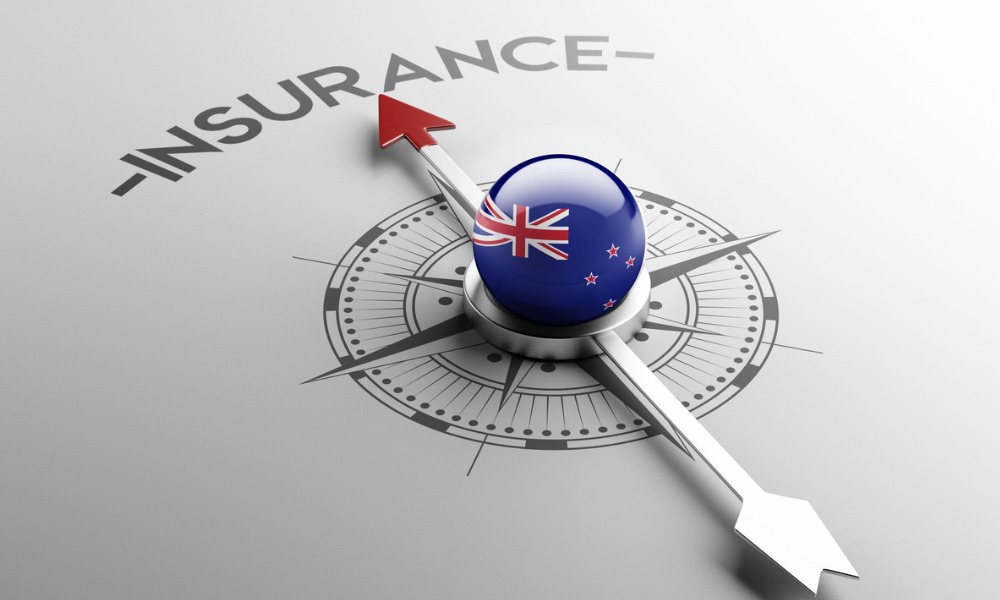ICNZ backs lower FENZ levies

ICNZ backs lower FENZ levies | Insurance Business New Zealand
Catastrophe & Flood
ICNZ backs lower FENZ levies
Concerns raised about long-term insurance impact
Catastrophe & Flood
By
Roxanne Libatique
The Insurance Council of New Zealand (ICNZ) has voiced its support for the government’s recent decision to scale back proposed increases to the Fire and Emergency New Zealand (FENZ) levy.
Initially, FENZ had suggested a 5.2% hike in the levy to take effect in July 2026, following a 12.8% increase implemented earlier this year. However, after reviewing the proposal, the Minister of Internal Affairs, Brooke van Velden, opted to reduce the increase to 2.2%.
“We know that New Zealanders are finding it tough dealing with the cost-of-living crisis, and we support the government’s move to ensure Kiwis don’t pay anything more than they have to,” he said.
He acknowledged the crucial work that FENZ performs in emergency response, but pointed out ICNZ’s concerns about the ongoing reliance on insurance levies as the primary method of funding.
“FENZ’s funding comes almost entirely from levies added to insurance policies covering property and motor vehicles,” Faafoi said. “The government has struck the right balance between FENZ having the appropriate resources to do their job while ensuring that the funding via insurance premiums is affordable and sustainable.”
Factors impacting insurance premiums
Faafoi emphasised that rising insurance premiums are influenced by several factors, including reinsurance costs and government-imposed taxes.
“Insurance premiums are driven by a number of factors, some of which are out of our control such as reinsurance rates and taxes and levies,” he said, adding that the industry is working hard to mitigate the pressures on premiums.
Looking ahead, ICNZ plans to collaborate with the Department of Internal Affairs and FENZ to ensure that the changes to the levy structure are implemented efficiently.
Faafoi highlighted the importance of ensuring the process is smooth and does not introduce unnecessary costs to consumers.
“We want to ensure the changes can be implemented easily in the time frames set down by the government and in a cost effective way that doesn’t add to the regulatory burden which will ultimately be borne by New Zealanders,” he said.
Related Stories
Keep up with the latest news and events
Join our mailing list, it’s free!






